
Depression
Latest News
Latest Videos

CME Content
More News

What is new in research on TMS?
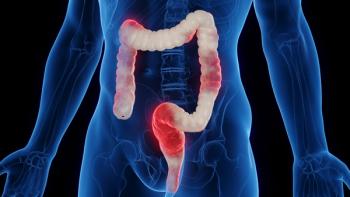
In this CME article, review literature on SRI-related bleeding complications in patients with GI bleeding, malignancy, perioperative settings, pregnancy, and hormonal therapy.
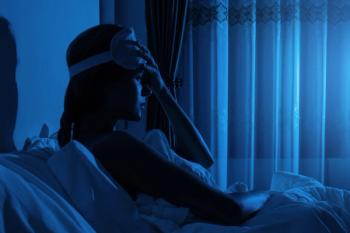
Does early improvement in insomnia predict response to pharmacotherapy in psychotic depression? Authors performed a secondary analysis of a randomized clinical trial.

From new research on treatment-resistant major depression to strategies for supporting trauma-affected refugee youth, here are highlights from the week in Psychiatric Times.

What is new in research on depression?

“Over 32 weeks of follow-up, the percentage of patients with remission, the percentage of patients with a treatment response, and the change in the MADRS score from baseline favored esketamine nasal spray.”

The investigators also concluded that depression screening alone may not be sufficient to effectively identify suicide risk.
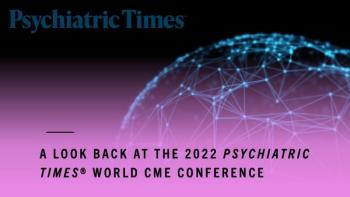
Get ready for our upcoming virtual, interactive conference with some highlights from 2022.
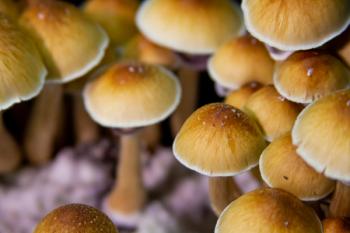
Is psilocybin a viable treatment for MDD? Researchers performed a phase 2, double blind trial of single-dose psilocybin in patients with treatment resistant depression.

From connections between cannabis use and schizophrenia to some non-psychiatric medications that may worsen symptoms of major depression, here are highlights from the week in Psychiatric Times.

Here are some updates from the world of psychiatry throughout the month of September.

What is new in research on sleep?

Following a long path to approval, gepirone hydrochloride extended-release tablets (Exxua) is the first FDA-approved medication with this novel mechanism of action for adults with MDD.

The ongoing clinical trial is also studying the drug’s efficacy in the treatment of MDD.
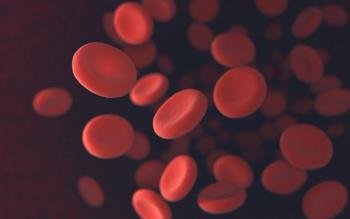
In this CME article, get a better understanding of bleeding risk associated with use of serotonin reuptake inhibitors (SRIs) and review research-informed literature on related bleeding complications in patients with cardiovascular and cerebrovascular disease.
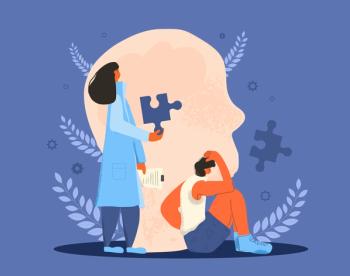
“Are my other medications making my depression worse?” Researchers investigated associations between medications with potential depressive symptom adverse effects and the level of depressive symptoms in a large survey study.

From violence risk assessment in emergency departments to connections between bipolar disorder and substance use disorders, here are highlights from the week in Psychiatric Times.

What is new in research on psychedelics?

The investigators noted fast, clinically meaningful, and sustained improvements in symptoms of depression and related functional impairment.
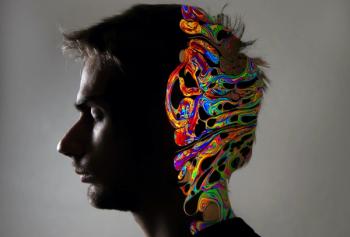
Do SSRIs impact on the antidepressant efficacy of psilocybin? Researchers performed an open-label trial of single-dose psilocybin in patients with TRD who were taking SSRIs.

Medications for mental health and obesity: heavily stigmatized.

From the efficacy of adjunctive TMS for treatment-resistant major depression to a look at adult ADHD, here are highlights from the week in Psychiatric Times.

What is new in research on psychiatric care for Latinx patient populations?
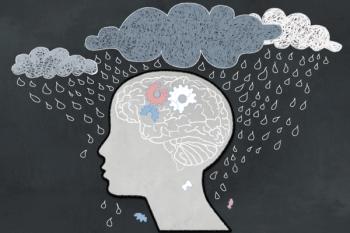
Adjunctive rTMS for treatment-resistant depression? Researchers performed a meta-analysis of 19 randomized sham-controlled trials.

Investigators noted sustained improvement in depressive symptoms for up to 6.5 years.








